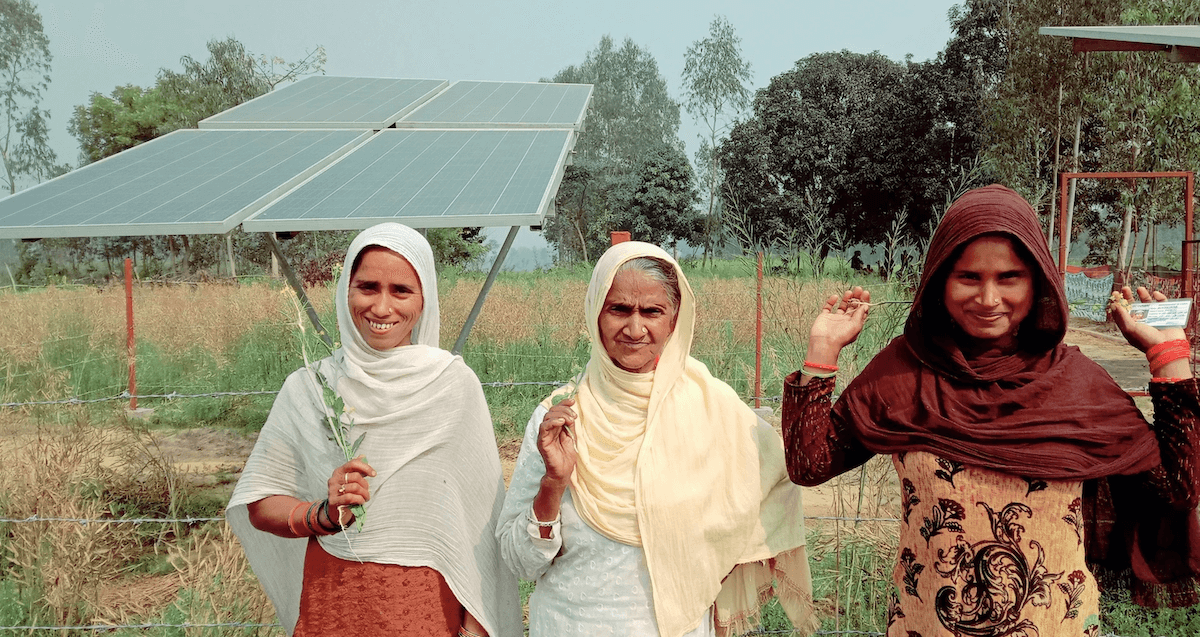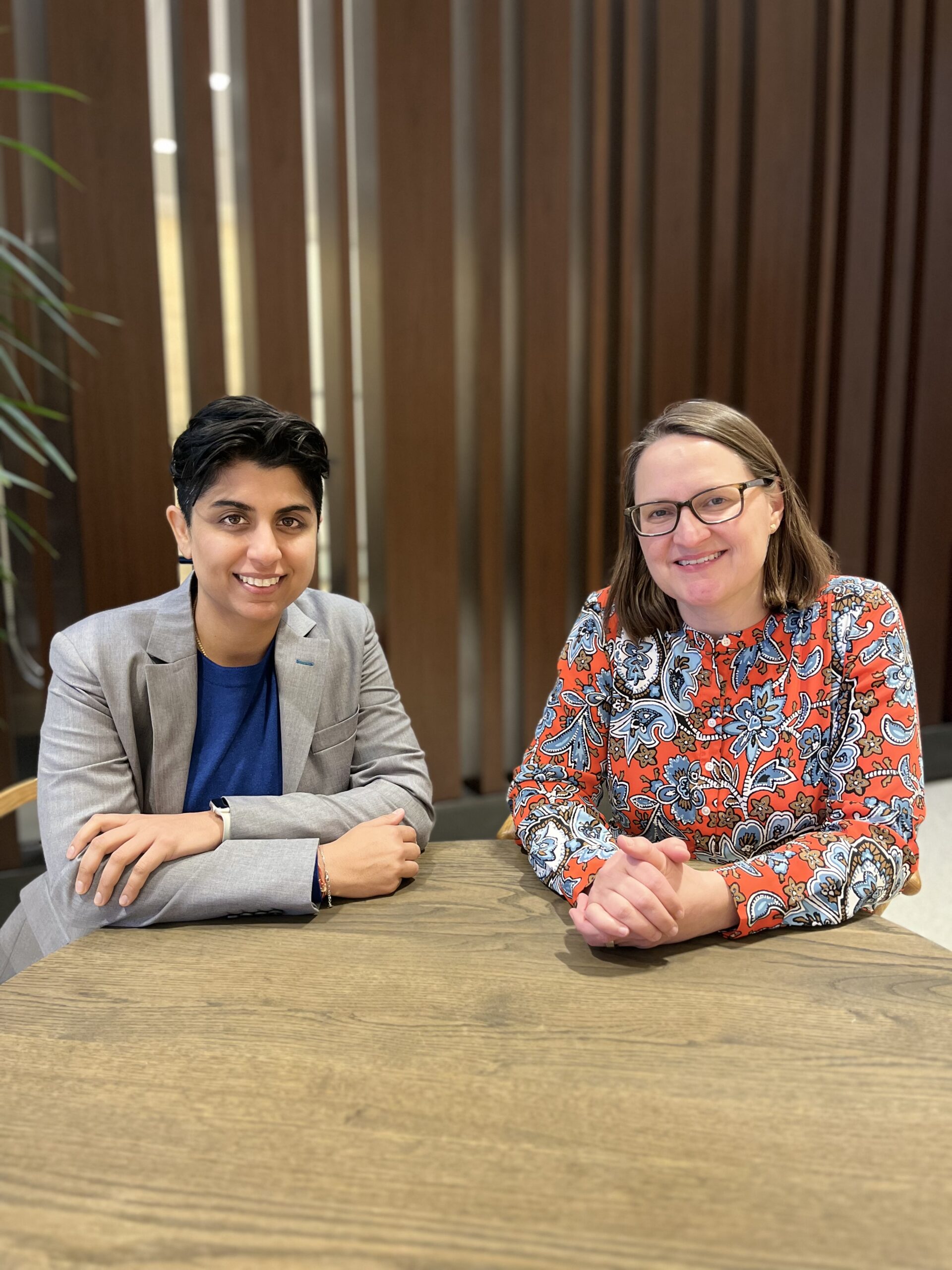ImpactAlpha, December 16 – Impact investing in India has climbed to more than $10 billion in the last decade, owing to both a maturing industry and significant social and environmental needs. What hasn’t budged is the participation of high net worth individuals and family offices.
The two groups of investors contribute just 3% of India’s impact capital, finds a new report from India’s Impact Investors Council and Waterfield Advisors. Active investors include: the family office of Sunil Kant Munjal, chairman of private conglomerate Hero Enterprise, Raintree Family Office, technologist Paula Mariwala and healthcare-focused investor Bhairavi Shibulal.
About 80% of individuals and family offices are not repeat impact investors. “The inability to demonstrate social impact results was a key barrier in undertaking impact investment,” the report authors write, adding that lack of common frameworks and measurement standards keeps many family offices and high net worth individuals on the sidelines of impact investing.
“This is an important input for the industry, especially impact funds and wealth managers, to adopt and align to globally-accepted impact measurement frameworks and communicate the social impact of their investments,” the report continues.
The recommendation could carry weight beyond India: globally, family offices account for just 4% of impact assets under management.
Investor interests
India’s family offices are expanding their portfolios of venture capital and private equity deals, but only about 20% are specifically looking for impact VC and PE opportunities. Those that are are focusing overwhelmingly on financial inclusion, followed by healthcare and climate finance.
They’re also investing directly, rather than through funds. India’s impact fund managers raise only 7.5% of their capital from India’s family offices; the majority comes from international and domestic institutional investors and development finance institutions.
Beyond tradeoffs
Most of India’s family offices feel there simply isn’t enough impact pipeline that covers the risk/return spectrum: about 55% of family offices want to earn market-rate returns alongside impact, while 45% would be willing to invest concessionary capital, particularly at the early stage. There is a substantial opportunity for fund managers “to tap into the pool of family offices and high net worth individuals with concessionary expectations by strengthening their impact measurement and management and showcasing impact more effectively,” the authors advise.











